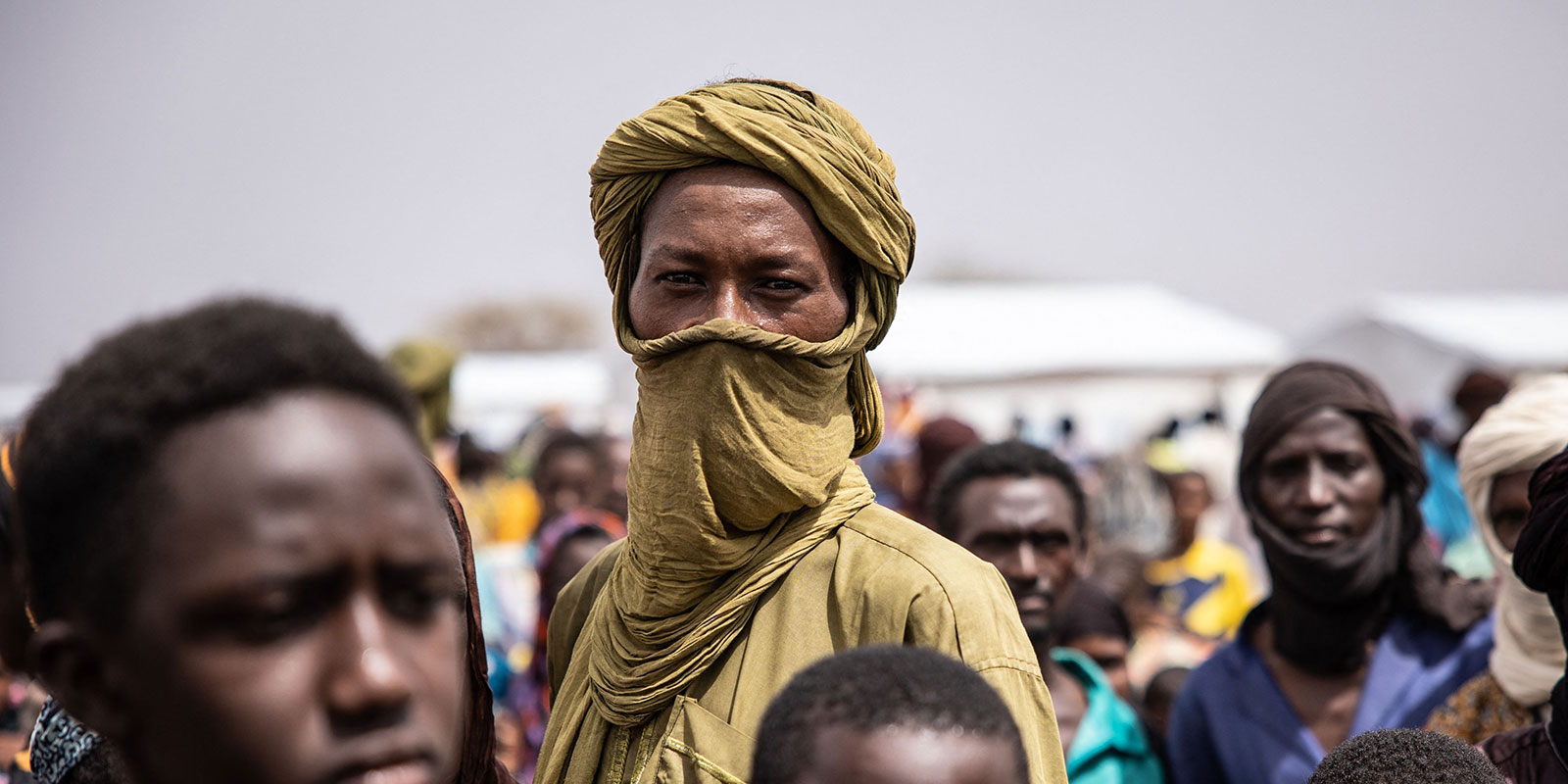There are hundreds of thousands of local non-governmental organisations (NGOs), civil society organisations (CSOs) and international organisations involved in various peace and security initiatives in Africa. Even with these numbers and concerted efforts, peace is still elusive. Across the different regions in Africa, there are countries which are either experiencing recurring violent conflicts or are at the brink of violent conflicts with one “tension’ away from civil war.
We need to engage more with local communities in peacebuilding efforts. Conflict transformation lies with the people and communities, therefore engaging at a local level ensures security and stability.
Tweet
The primary causes and drivers of some of the conflicts include poor government policies, weak institutions, socio-economic inequalities, unemployment, the involvement of non-state transnational armed actors, ethnic differences, inequalities and injustices. The latter has proved to be one of the key drivers of conflict in the east, central and horn of Africa regions.
Peacemakers and practitioners have often looked into addressing peace and conflict through silo-frameworks that is, from a political lens with emphasis on track one diplomacy including, state capacity building and providing support to national governments. This approach has often left behind traditional mechanisms and community-led peace initiatives; those from grassroot levels with emphasis on addressing communal violence and security, and they often lack a crucial linkage to national and international peace initiatives.
Elevating Local Peace Initiatives
Communal conflicts in Africa are multi-dimensional and they vary from state to state. Whether they are fought over land, resources, contested elections, or other forms of injustices, they have a potential to fuel conflicts on national levels. History has shown that communal conflicts can exacerbate tensions, as well as trigger or prolong inter-state violent conflicts. Countries such as Burundi, South Sudan, Rwanda, Somalia, the Democratic Republic of the Congo (DRC), Ethiopia, Nigeria and Kenya, among others have in the past and more recently been affected by violent conflicts fought along political and ethnic divides.
In a bid to manage and resolve these conflicts, international organisations and regional bodies, particularly in the east and horn of Africa region, targeted and continue to engage governments, political institutions and elites, and focus their efforts on conflict prevention and peacebuilding at the political and national level. There is a need to engage more with local communities in peacebuilding efforts. Conflict transformation lies with the people and communities, therefore engaging at a local level ensures security and stability.
Whereas national and international peace initiatives tend to be re-active and often only engage in addressing issues during the peak of a violent conflict, local peace initiatives have the potential to be more pro-active, and to engage in the different phases of peace and conflict including in the post-conflict peacebuilding phase. An elevation of communal/local peace initiatives means integrating parts of local mechanisms into the national architectures for peace, giving them a platform to address issues in the pre-, during and post-conflict phases.
Why link local/community initiatives to government/political architectures & international peace initiatives
Community led peace initiatives can be inclusive when they involve a wide range of actors including in particular elders, religious leaders, women and the youth. Linking local peace initiatives to government agencies and international peace initiatives will further foster strategic peacebuilding. Creating these linkages will promote ownership as well as promote sustainability. Additionally, linking community based initiatives to national & multilateral agencies will provide a platform to enhance the skills of community based actors to understand and address the different types of conflicts. It will ease and facilitate the transfer of skills from one domain to the local peace actors and vice versa.
These two approaches look into addressing conflicts and peacebuilding through creating sustainable peace structures that promote community engagement in a structured and institutionalised manner while they remain an integral part of the community. This cohesive and integrated approach provides for continuity even in the face of emerging threats to sustainable peace including environmental disasters, and health risks such as the outbreak of the COVID-19 pandemic.
A bottom-up approach to conflict resolution might shift the focus from divisions that increase conflicts to identifying commonalities and connectors among communities that promote peace.
Tweet
Linkages for sustainability
The spread of the COVID-19 pandemic amplified the fragility factors of states and accentuated the impact of violence on communities. There was a shift in focus from the peace and security agenda to health and socio-economic development at the onset of the outbreak, and funding streams were diverted towards curbing the spread of the COVID-19. This shift in focus greatly impacted international peace initiatives which were involved in peacebuilding processes including providing humanitarian assistance to local communities. National governments were also wedged between ensuring peaceful states and warranting smooth operation of state institutions.
The burden of peacebuilding was left to local peacemakers and practitioners through local peace initiatives. At the outbreak of COVID-19, there were various reports indicating a rise in gender-based violence, increased tensions in informal settlements and inter-communal violence due to scarcity of resources aggravated by the pandemic. It was observed that local peace actors played a vital role in addressing, managing and resolving these issues.
It would be refreshing to see peace processes that place emphasis on community engagement from the on-set of the peace process including during negotiations and mediation in peace processes. The bottom-up approach might shift the focus from divisions that increase conflicts (divisions that can easily be manipulated) to identifying commonalities and connectors among communities that promote peace.
Ms. Ayan Hassan Nuriye is the Program Officer of the Mediation Support Unit of the Intergovernmental Authority on Development (IGAD).


